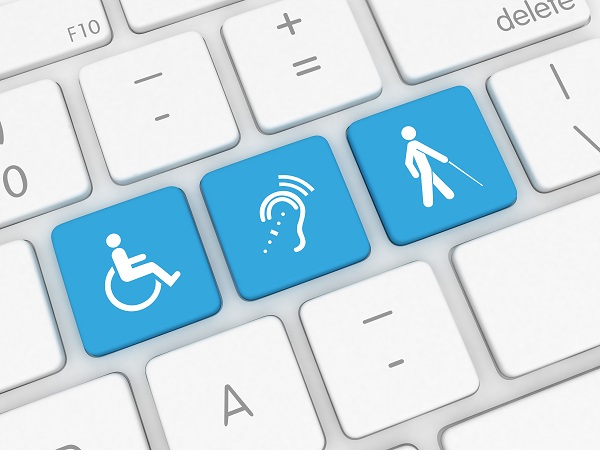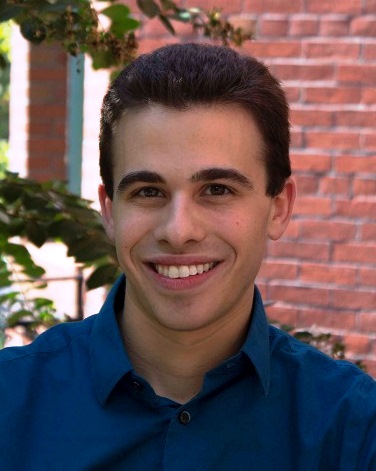
February is Jewish Disability Awareness, Acceptance, and Inclusion Month, a month dedicated to raising awareness of people with disabilities in Jewish communities and creating Jewish communities of belonging for people with disabilities. Rabbi David Saperstein, former director of the Religious Action Center of Reform Judaism, explains,
“We are taught in 'Pirkei Avot,' ‘Do not separate yourself from the community.’ The converse is equally compelling: We must prevent anyone from being separated against [their] will.”
As Jews, we have a religious obligation to actively affirm people with disabilities in our community and to advocate for their full inclusion in all facets of society.
As we work toward creating affirming Jewish communities all year long, here are five easy ways to be an individual ally to people with disabilities:
1. Listen to people with disabilities.
The most important element (and often one of the hardest parts) of being an ally to any marginalized group is to listen to that group and take your lead from them. No one knows how to advocate for people with disabilities better than themselves.
Being an ally is not about taking charge – it’s about being willing to learn and modeling your advocacy efforts based on their priorities, concerns, and feedback.
2. Educate yourself.
Take the time to learn about the state of disability rights in America, best practices, and disability inclusion efforts. No one is born an ally, but we can position ourselves to be better allies through continuous education. Reading blog posts about disabilities is a good way to start understanding the many societal and political barriers people with disabilities face.
3. Be conscious of the language you use.
When speaking about people with disabilities, avoid ableist language such as “retarded,” “crippled,” and derogatory language using disability-laden metaphors.
Many disability rights organizations have long supported the use of person-first language, which puts the focus on the person first, rather than on their disability. Rather than saying “a disabled person,” person-first language would say “a person with disabilities.” It is important to note, though, that these guidelines are ever-changing and that many people, especially those in the Deaf and Autistic communities, self-identify with disability-first language. Learn more about person-first and ability-first language.
An ally's first responsibility is to respect someone else’s self-identification (see #1 on this list!) – but as a general rule, person-first language is considered the most respectful way to reference people with disabilities until you know how they prefer to identify.
4. Work to make your own community reflect the needs of people with disabilities.
All communities should affirm people with disabilities, but most were not built with them in mind. While it is important to remove physical barriers to people with disabilities, it is just as important – if not more so – to change attitudes toward people with disabilities.
It is also important to understand that “disability” is a broad term that encompasses more than just physical disabilities; we must also work to ensure that people with mental disabilities are fully affirmed in our communities. The URJ Ruderman Disabilities Inclusion Learning Center offers a variety of resources.
5. Advocate for disability rights.
We cannot create communities that fully reflect the needs of people with disabilities if our laws and societal structures limit the ability of people with disabilities to live independently with economic security. The Jewish Disability Network, a coalition of more than two dozen Jewish organizations working for disability rights, hosts an annual Jewish Disability Advocacy Day. Learn more at rac.org/disabilities.
While Jewish Disability Awareness, Acceptance, and Inclusion Month is a great time to raise up the issue of affirming people with disabilities in the Jewish community, it is essential that we work to be allies every month of the year and dedicate ourselves to cementing disability advocacy as a pillar of our Jewish communal values.
If you're a congregational leader, see "18 Ways Congregations Can Observe Jewish Disability Awareness, Acceptance, and Inclusion Month" for programming ideas, accessibility tips, and more.

